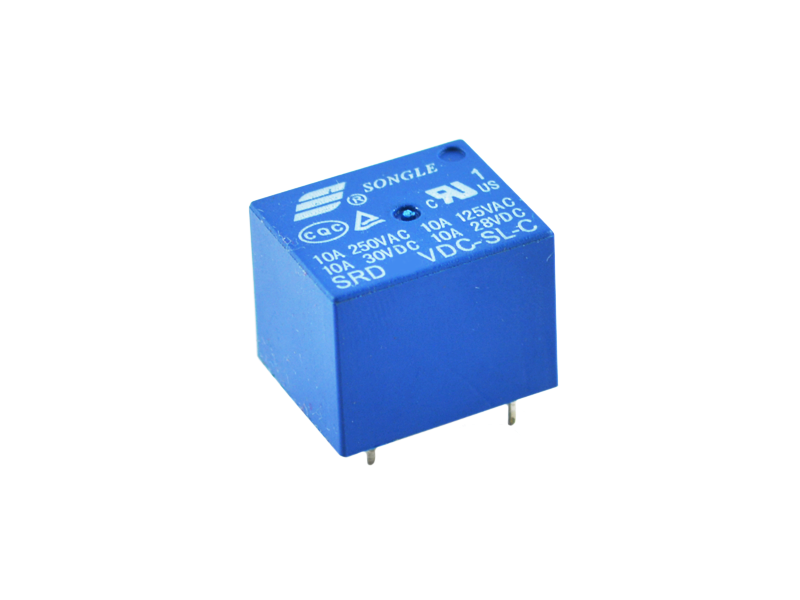In the world of electrical circuits, the choice between a relay and a mechanical switch can greatly impact the performance and reliability of a system. While both devices serve the purpose of controlling the flow of current, relays offer distinct advantages over mechanical switches, such as push buttons. In this article, we will explore the various layers of advantages that relays bring to the table, highlighting their efficiency, reliability, and versatility.
- Enhanced Electrical Isolation:
One of the primary advantages of relays is their ability to provide electrical isolation between the control circuit and the load circuit. Unlike mechanical switches, which physically connect and disconnect the circuit, relays utilize an electromagnetic coil to control the switching action. This isolation prevents electrical noise, voltage spikes, and other disturbances from affecting the control circuit, ensuring stable and accurate operation. - Low Power Consumption:
Relays are known for their low power consumption, making them an energy-efficient choice for various applications. Once the coil is energized, it requires minimal power to maintain the relay in its switched state. This feature is particularly advantageous in battery-powered systems or situations where power conservation is crucial. - High Switching Capacity:
Relays excel in handling high currents and voltages, making them suitable for applications that require robust switching capabilities. Unlike mechanical switches, which have limitations on their current and voltage ratings, relays can handle significantly higher loads. This advantage allows relays to be used in industrial machinery, power distribution systems, and other high-power applications. - Longevity and Durability:
Mechanical switches, such as push buttons, are prone to wear and tear due to physical contact and mechanical movement. Relays, on the other hand, have no physical contact during switching operations, resulting in increased longevity and durability. This characteristic makes relays ideal for applications that demand frequent switching or operate in harsh environments with vibrations, dust, or moisture. - Flexibility and Control:
Relays offer a wide range of control options, allowing for precise and customizable operation. They can be easily integrated with other control devices, such as microcontrollers or programmable logic controllers (PLCs), enabling advanced automation and system monitoring. Additionally, relays can be configured to provide various switching functions, such as time delay, latching, or multiple pole switching, enhancing their versatility in different applications.
Conclusion:
In conclusion, relays offer a multitude of advantages over mechanical switches like push buttons. Their electrical isolation, low power consumption, high switching capacity, longevity, and flexibility make them a superior choice for many applications. Whether it's in industrial automation, automotive systems, or home appliances, relays provide enhanced efficiency and reliability, ensuring optimal performance and longevity of electrical circuits.




More Stories
A Practical Guide to Industrial Plane Locks: How to Select the Right Plane Lock for Cabinets and Equipment
Reliable Pressure Sensor Solutions for Industrial Applications
Benefits of Automated Food Metal Detectors in High-Speed Production